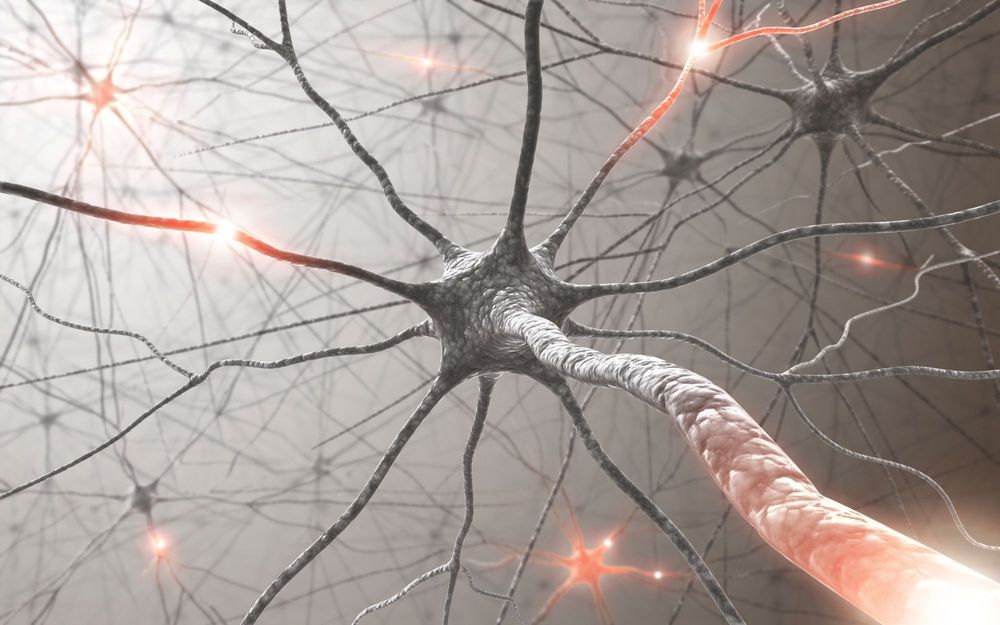It’s not often that a cancer patient is able to talk about “life after cancer,” especially when their disease is stage 4. But John Hagger is different. He has been living “life after cancer” for 25 years. While others consider him one of the lucky few, John believes his “luck” came from some good research and a lot of hard work.
John chose a healing path outside of what he calls “orthodox treatment,” and he was recently united with 21 other like-minded individuals who did the same and overcame the impossible: late-stage cancer.
All 22 of these patients utilized immunotherapy-based treatments to treat their cancer.



